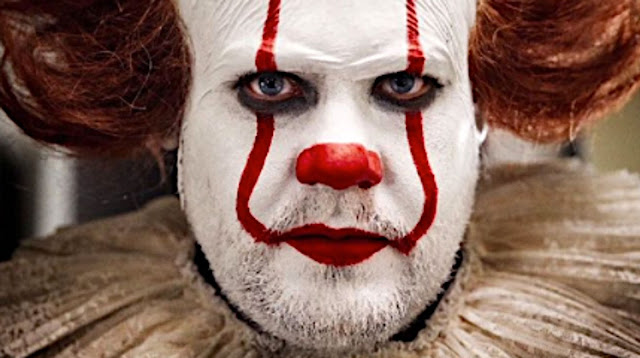The fear of clowns, or coulrophobia, is a type of specific phobia characterized by an irrational and persistent fear of clowns. People with coulrophobia may experience anxiety, panic attacks, and avoidance behavior when exposed to clowns, even in non-threatening situations.
There are many possible reasons why someone might develop a fear of clowns. Some people may have had a traumatic experience involving a clown, such as being scared by a clown at a birthday party as a child. Others may have seen scary depictions of clowns in movies or on television, which can create a lasting impression.
Coulrophobia is a treatable condition, and there are various therapies and techniques available to help people overcome their fear. These may include cognitive-behavioral therapy, exposure therapy, and relaxation techniques. In some cases, medication may also be prescribed to help manage symptoms of anxiety.
Coulrophobia is not uncommon and affects people of all ages, genders, and backgrounds. It is estimated that up to 12% of American adults have a fear of clowns to some degree. Some individuals may develop a phobia after a single negative experience, while others may have a predisposition to anxiety and be more prone to developing specific phobias like coulrophobia.
In addition to cognitive-behavioral therapy, which helps individuals change their negative thought patterns and behaviors related to clowns, exposure therapy is also commonly used. Exposure therapy involves gradually exposing the person to clowns in a safe and controlled environment until they feel comfortable and desensitized to them.
Relaxation techniques like deep breathing, progressive muscle relaxation, and mindfulness meditation can also be helpful in managing the anxiety and panic symptoms associated with coulrophobia. Additionally, support groups or online forums can provide a sense of community and help individuals feel less alone in their fears.
It is important to note that not all clowns are meant to be scary, and that many people find them entertaining and even uplifting. However, for those with coulrophobia, the fear can be very real and debilitating. Seeking professional help is a positive step towards overcoming this phobia and improving overall mental health and wellbeing.
If you or someone you know has a fear of clowns that is interfering with their daily life, it may be helpful to seek the assistance of a mental health professional. They can provide guidance and support in overcoming this phobia and improving overall quality of life.
Source: Some or all of the content was generated using an AI language model


No comments:
Post a Comment
Contact The Wizard!
(he/him)